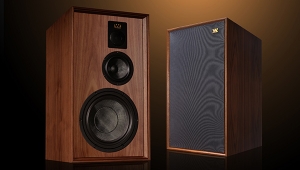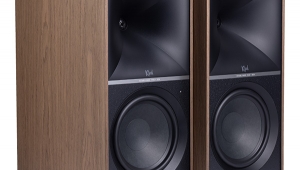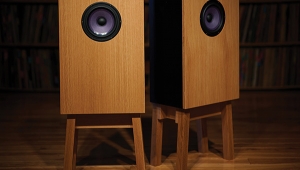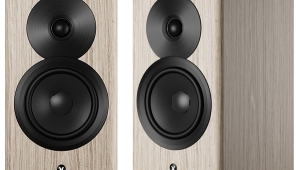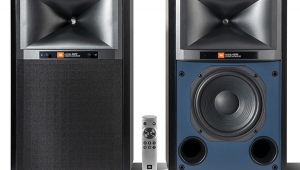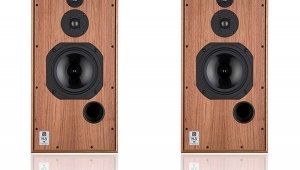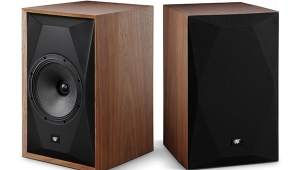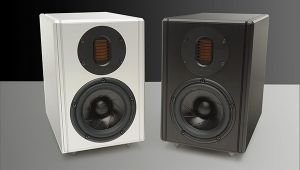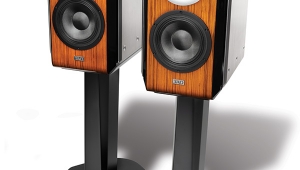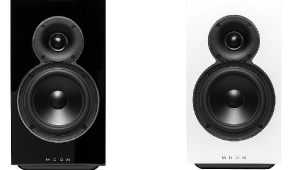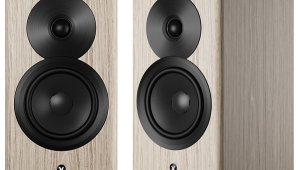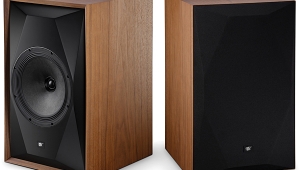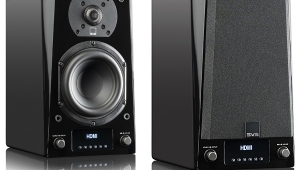| Columns Retired Columns & Blogs |
Heh, the woofers say "epos" on the top and "soda" on the bottom.
Seriously, I've owned a lot of Creek gear in the past and have a lot of respect for the quality, conservative engineering, and no-nonsense form factor of their components.
I'm building a pair of LS3/5A-inspired speakers and noticed that I'm using almost the exact driver lineup (sourced from Peerless of Denmark) as these Epos speakers.



